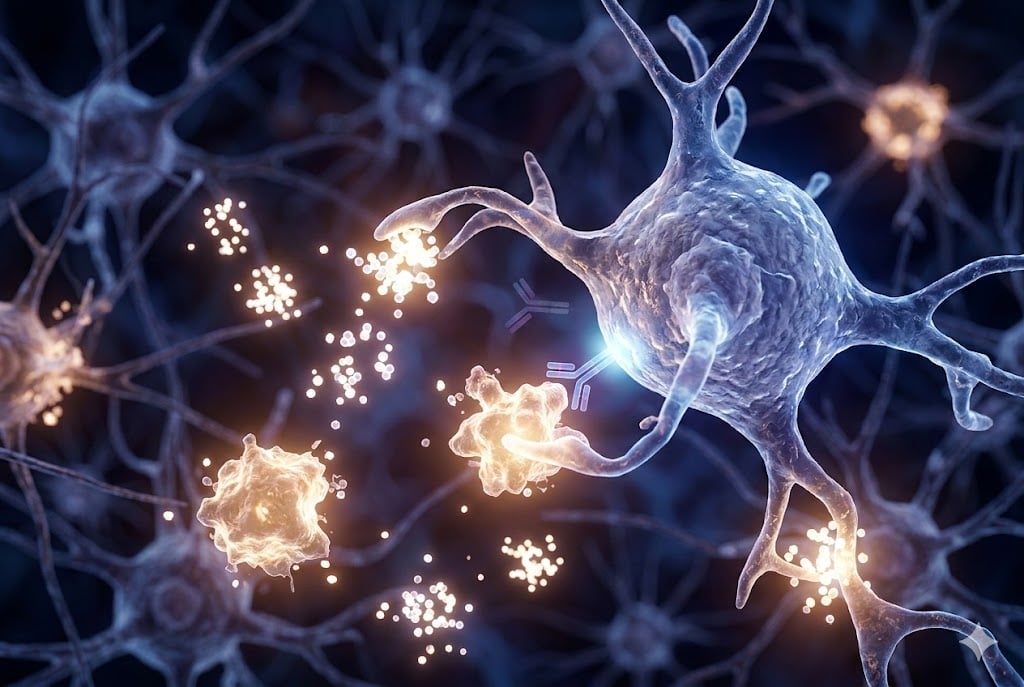
CTE Dementia: Tony Dorsett’s Story
LOOKING BACK: Are concussions a given part of playing hard? Watch football legend Tony Dorsett and his wife share their story.

LOOKING BACK: Are concussions a given part of playing hard? Watch football legend Tony Dorsett and his wife share their story.

Researchers say a lifestyle-only treatment which includes increased physical activity may be the best prescription for preventing vascular and other issues that can lead to dementia. Their prescription: sit less and move more for mildly high blood pressure and cholesterol, which helps address vascular issues.

Scientists at UC San Francisco have found a way to reverse some of the negative effects of aging on the brain, using a video game designed to improve cognitive control.

Alzheimer’s prevention and memory conservation is on everyone’s health radar. Every year, we spend billions on related supplements and alternative medicines. To sort out what might work and what doesn’t, what’s safe and what’s dangerous, and how confident experts are in the science, check out ADDF’s brain-protection website, Cognitive Vitality.

NAMENDA® / EBIXA® (generic MEMANTINE) is FDA-approved for Alzheimer’s. Learn about new research on how it may help in preventing or slowing dementia.

Researchers have found both smoking and cardiovascular disease impair the ability to learn and memorize. Find out more.

Outbursts of anger may trigger strokes and other cardiovascular problems that are foundations of vascular dementia. The differences are not subtle, as angry people may be tripling their chances of a stroke leading to vascular dementia. Get the relevant details.

Dementia incidence has steadily fallen by 20 to 25 percent over the past three decades in the U.S., U.K., Sweden, and the Netherlands. How come?

Dr. Rudy Tanzi is a top researcher in the fight against Alzheimer’s. Chris Mann is a famed music star. Learn about the latest research and see how they join forces in this remarkable video.

FORGETFUL? Is it normal aging or a real problem? Learn 9 things you can do about it. Compare 5 serious memory problems against normal forgetfulness.

WellnessCheck is a brief, friendly assessment, designed to help you understand your current cognitive wellness. It takes about 3 minutes and covers memory, mood, and focus.

To get a definite diagnosis of Alzheimer’s requires an F18 brain scan, costing $3,000. Can the olfactory nerves’ ability to sense peanut butter offer an alternative Alzheimer’s test? It certainly seems accurate enough, at 1/1000th the cost!

Caring for someone with Alzheimer’s goes way beyond helping them get dressed or remembering their pills. For many caregivers, the real struggles happen in quiet moments when you’re alone with feelings nobody else seems to understand.

In gardening, people with Alzheimer’s grow fresh plants along with better thinking. It’s a pleasant way to make things easier.

The co-founder of a caregivers’ organization introduces technology he has found helpful in caring for his grandmother with dementia.

People with dementia are enjoying yoga and dance classes at the Alzheimer’s Association. See why caregivers find the classes “EXTREMELY helpful.”

Swiss researchers find that people with certain personality traits are protected against Alzheimer’s disease, including those who are less agreeable, had natural curiosity, and were nonconformists. Find out why.
No spam, only news and updates.


